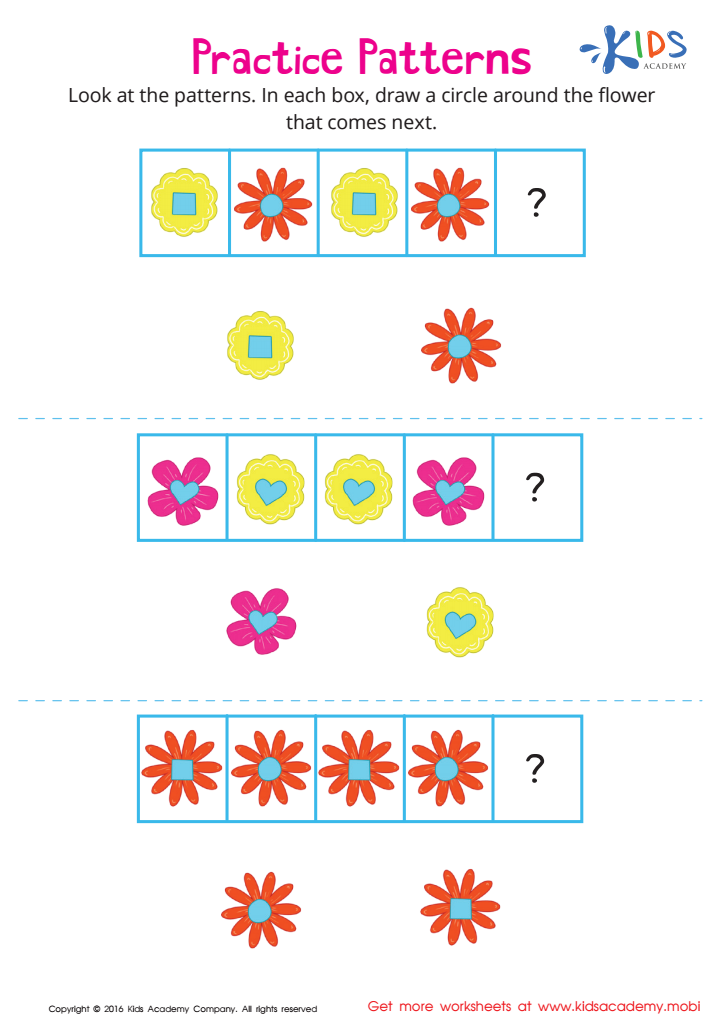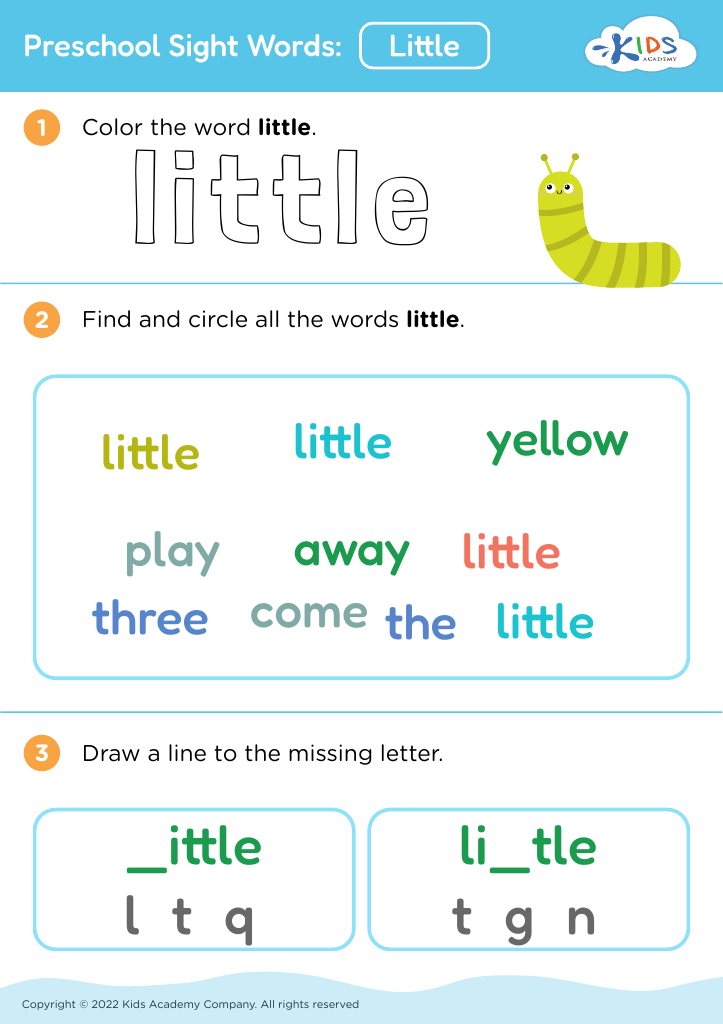Logical thinking Worksheets for Ages 4-6
22 filtered results
-
From - To
Discover engaging and interactive logical thinking worksheets designed specifically for children aged 4 to 6! Our resources aim to boost critical thinking skills, enhance problem-solving abilities, and promote cognitive development in young learners. Each worksheet is thoughtfully crafted with age-appropriate activities, including pattern recognition, sequencing, and puzzle-solving, that encourage kids to think analytically while having fun. Parents and educators can easily integrate these worksheets into daily learning routines to support early childhood education in a playful way. Unlock your child's potential with our diverse collection of logical thinking exercises and watch them thrive as confident, independent thinkers! Explore more today!
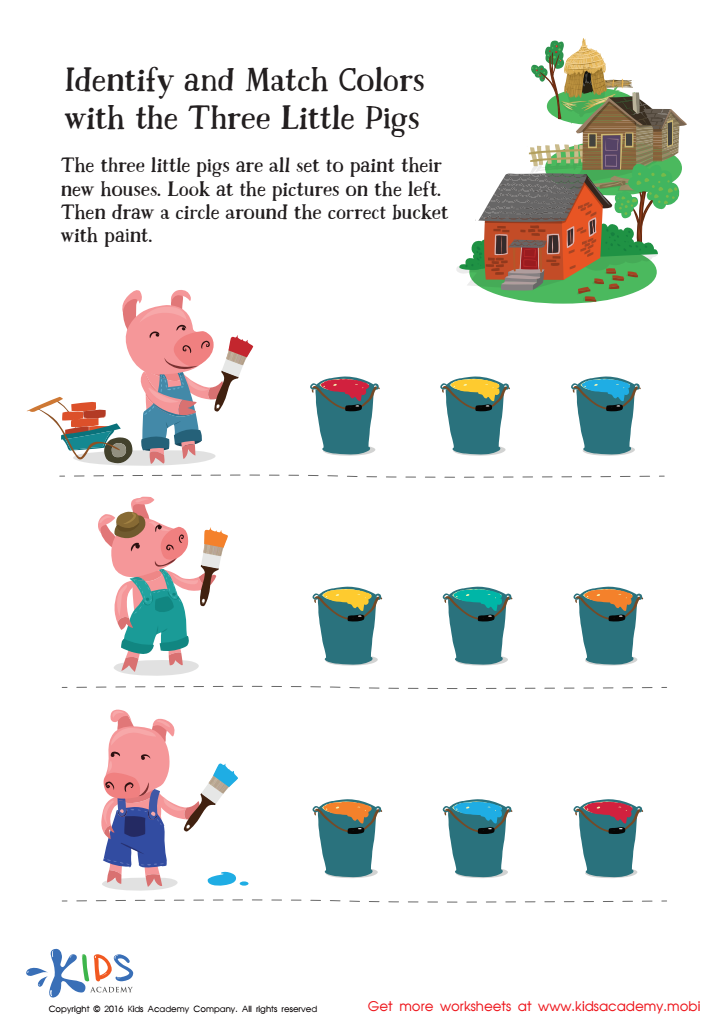

Fairy Tale Worksheet: Identify and Match Colors with Three Little Pigs
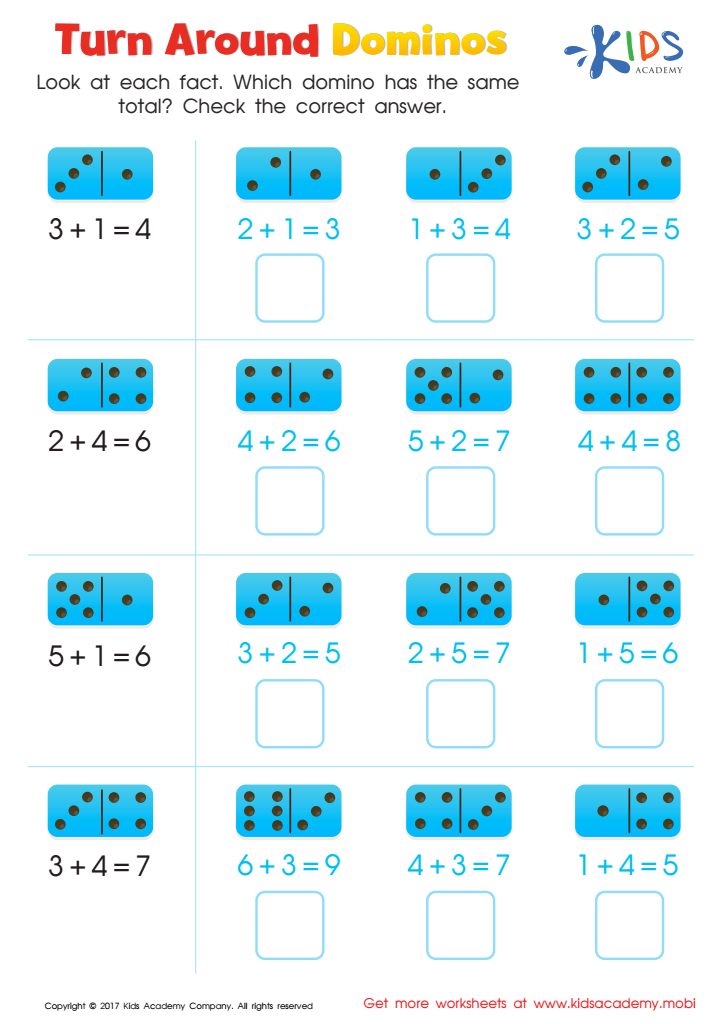

Turn Around Dominos Worksheet
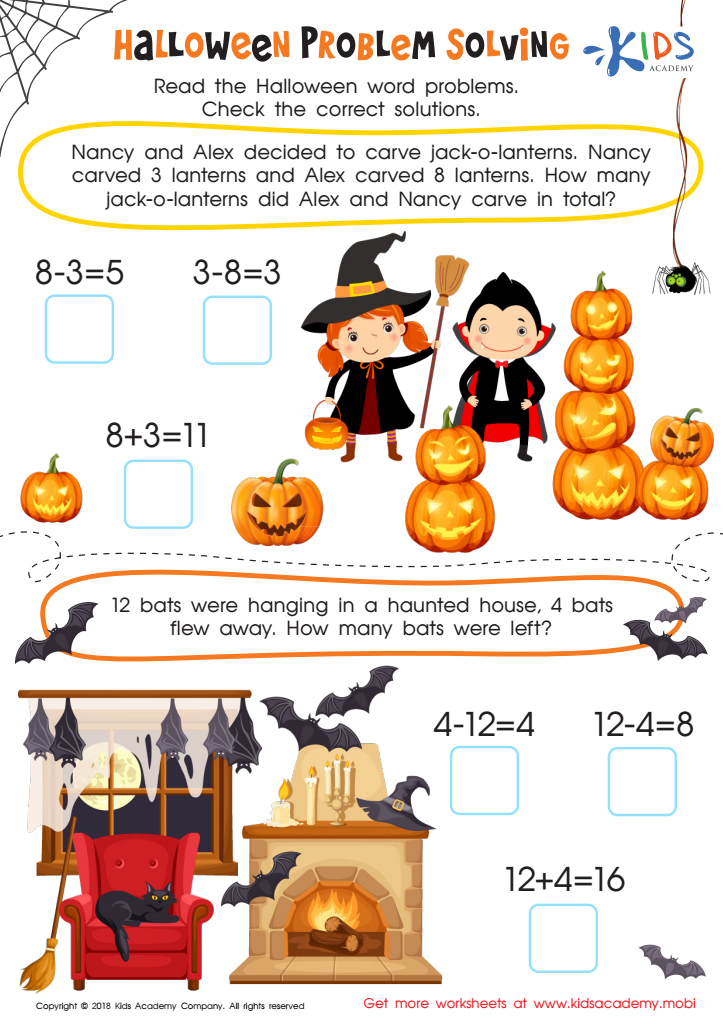

Halloween Problem Solving Worksheet
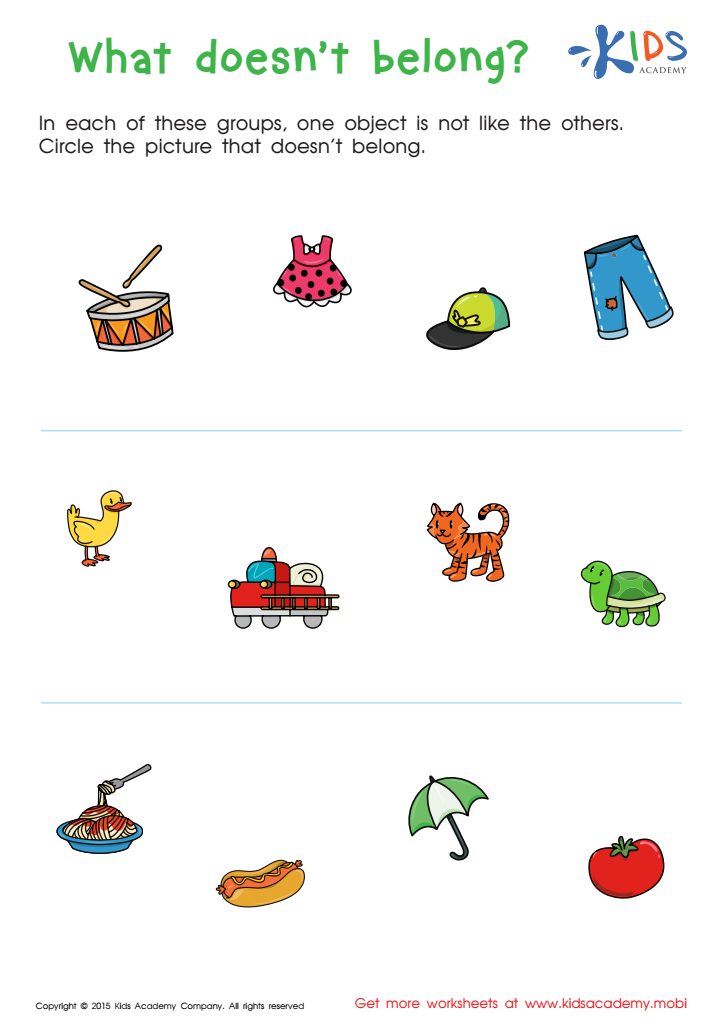

First Words: What Doesn't Belong Worksheet
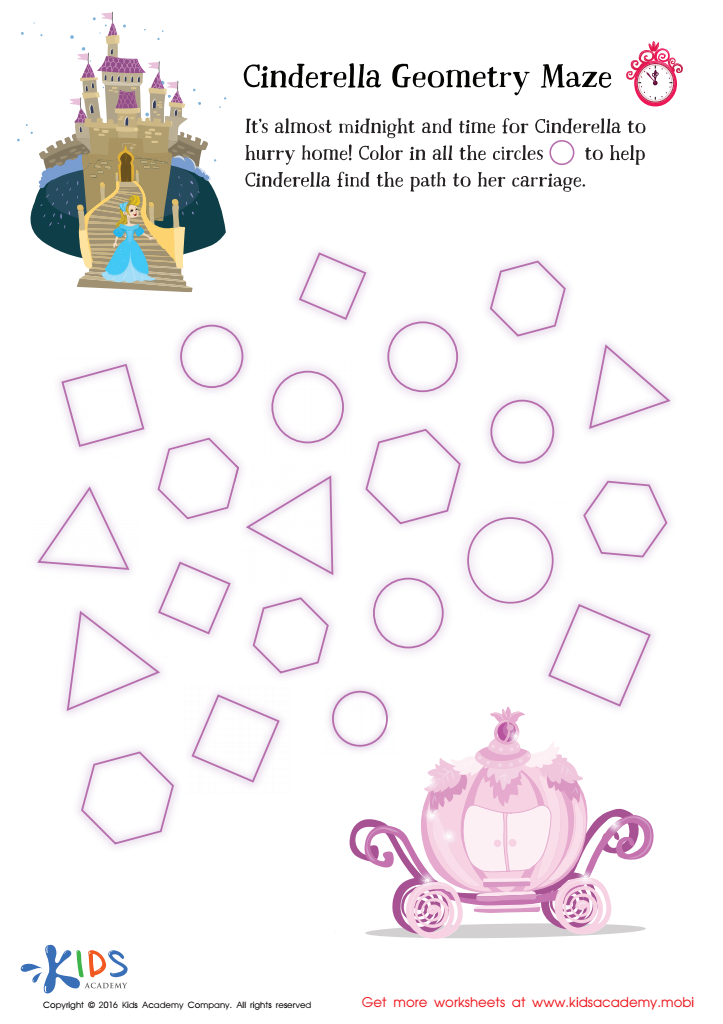

Cinderella Geometry Maze Worksheet
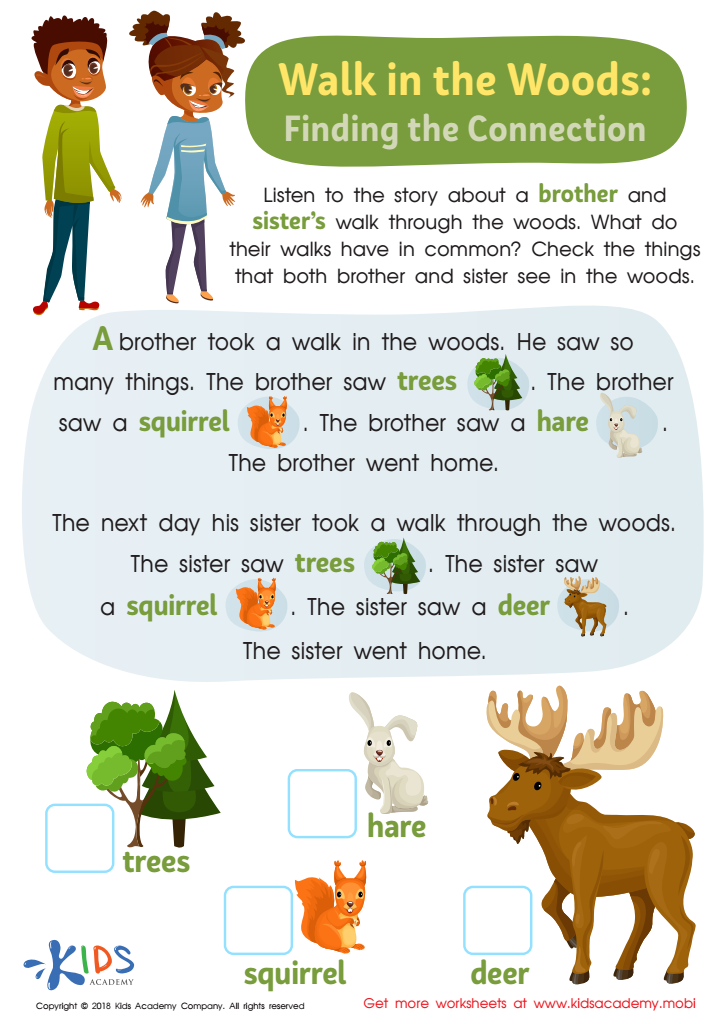

Walk In the Woods: Finding Connections Worksheet
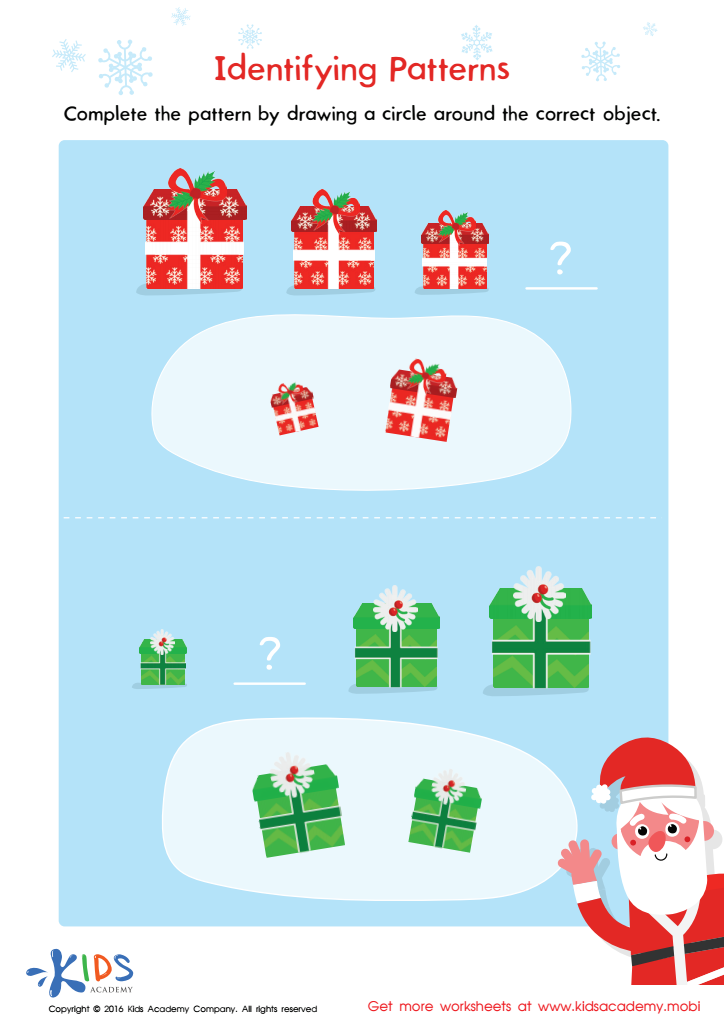

Identifying Patterns Worksheet
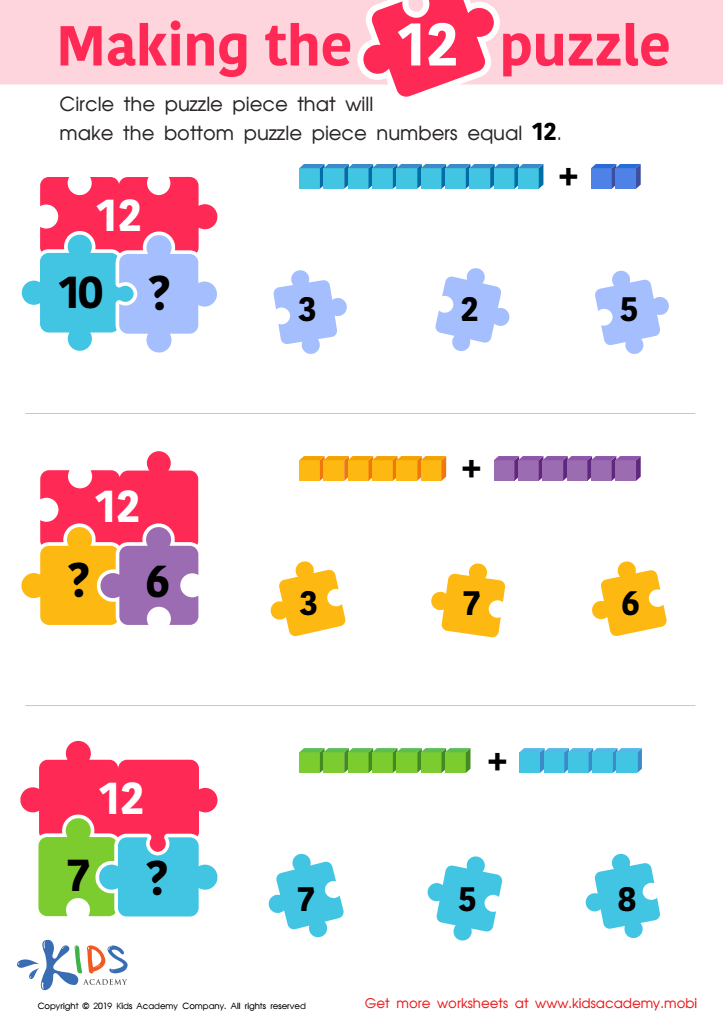

Making the 12 Puzzle Worksheet
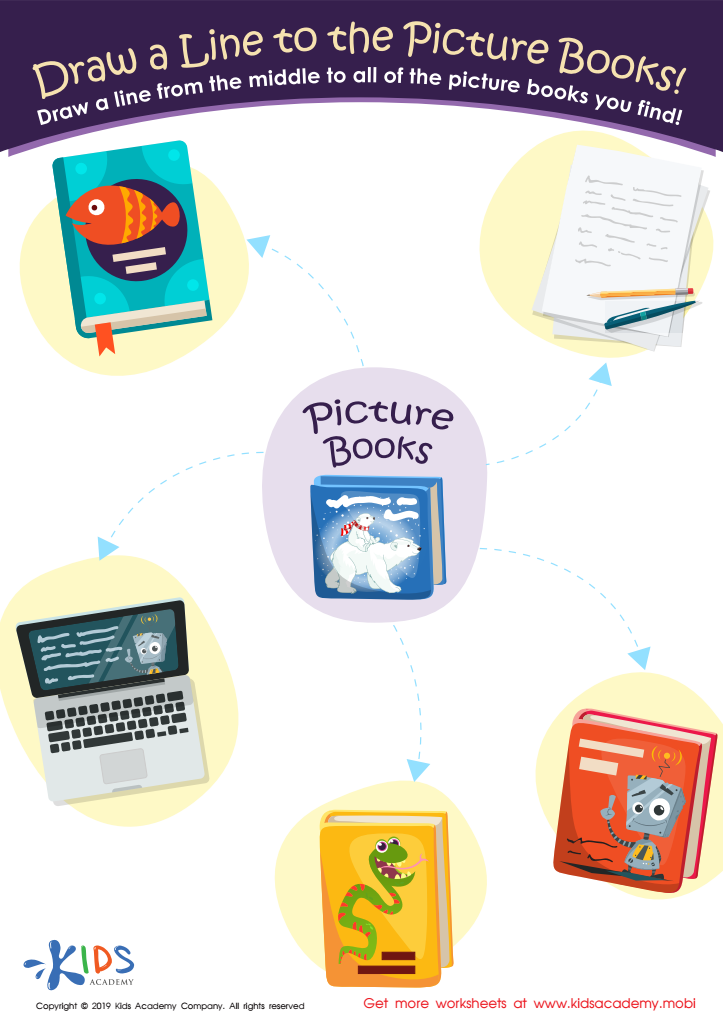

Draw a Line to the Picture Books Worksheet
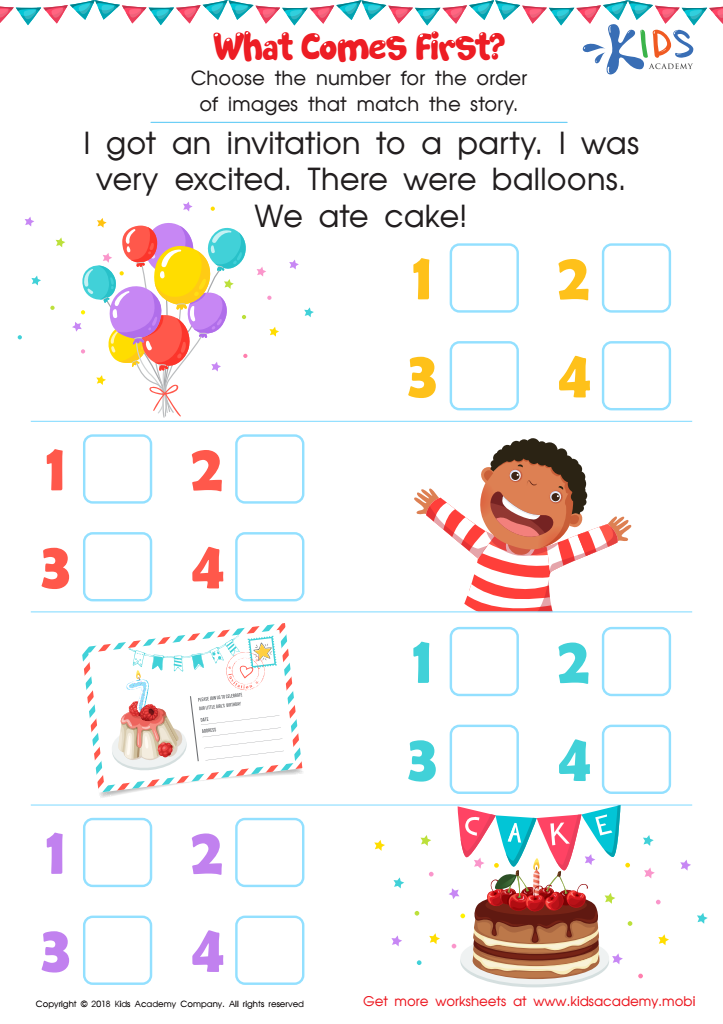

What Comes First Worksheet
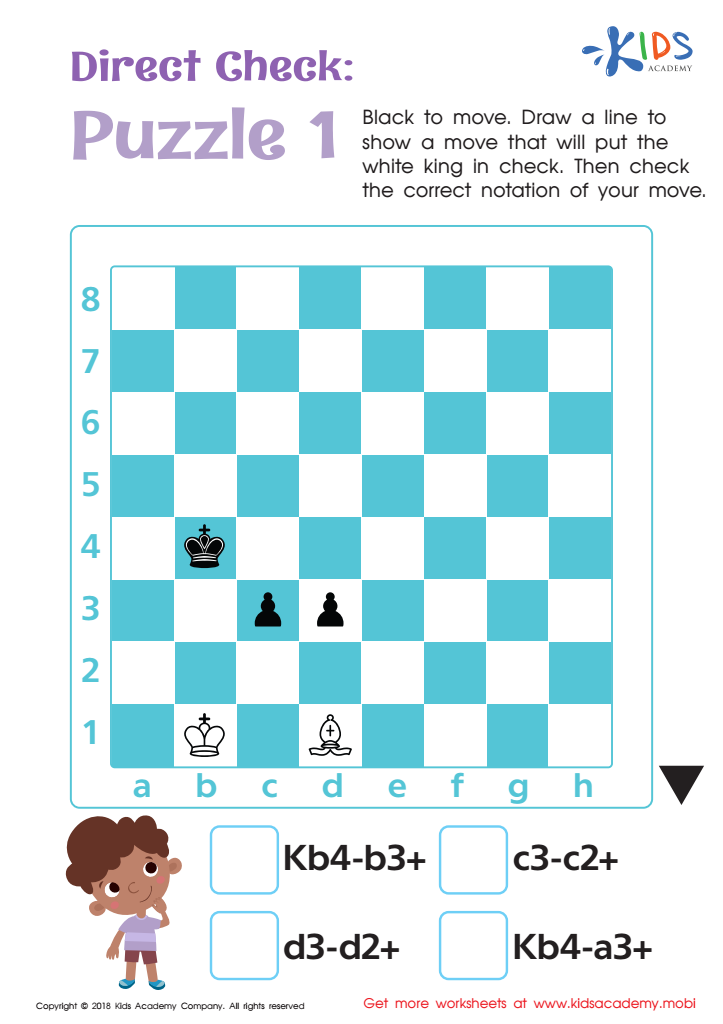

Direct Check: Puzzle 1 Worksheet
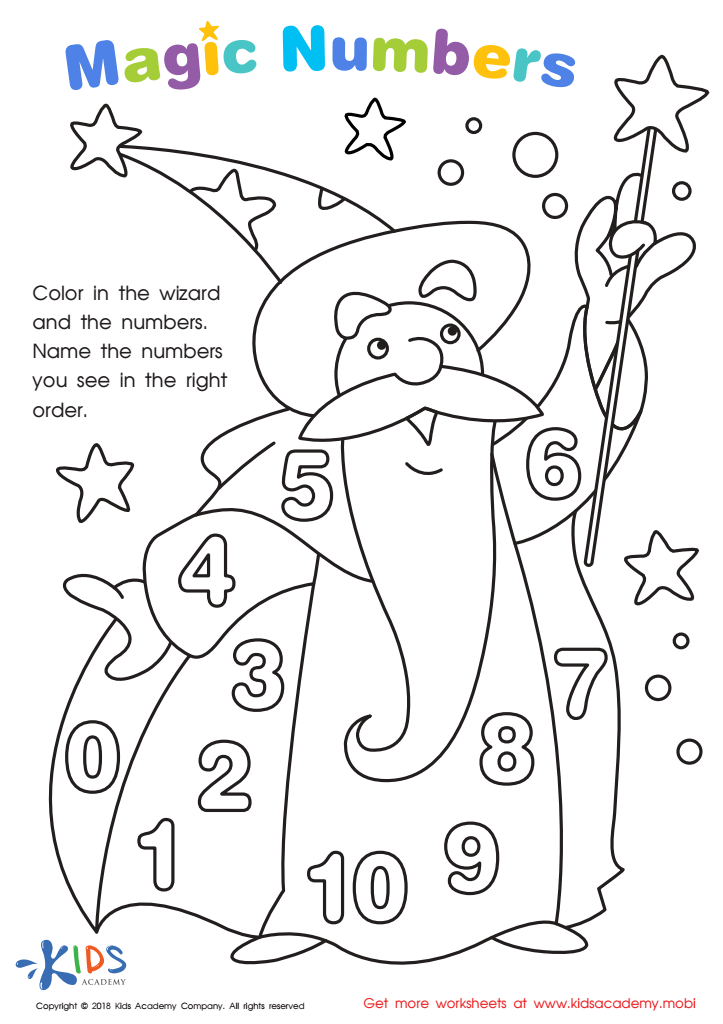

Magic Numbers Worksheet
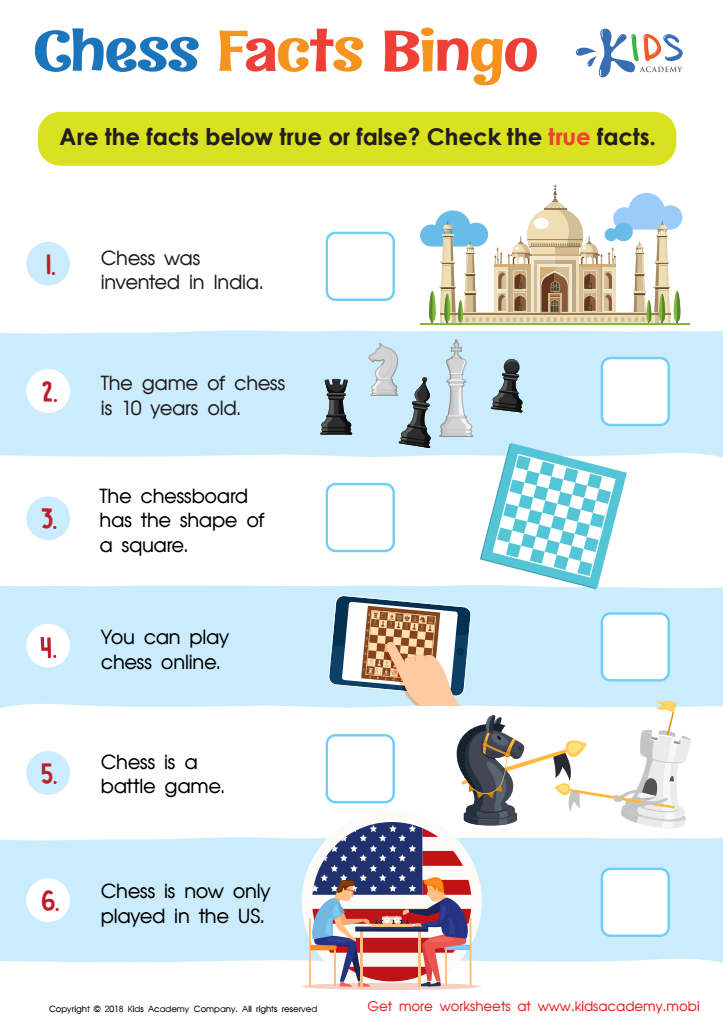

Chess Facts Bingo Worksheet
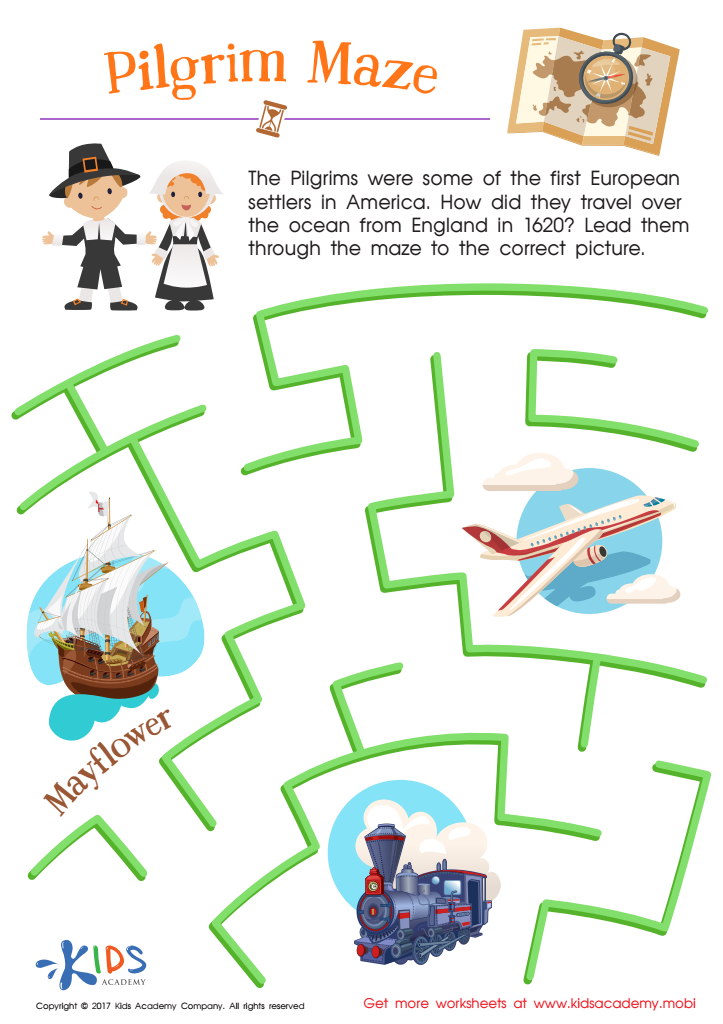

Pilgrim Maze Worksheet
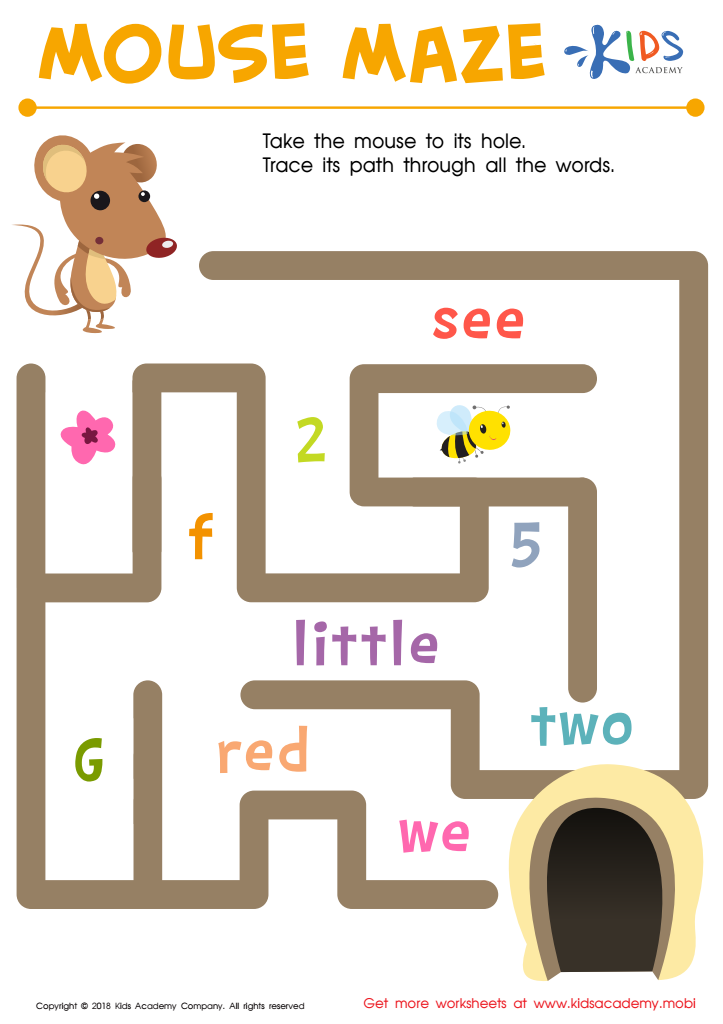

Find Words Mouse Maze Worksheet
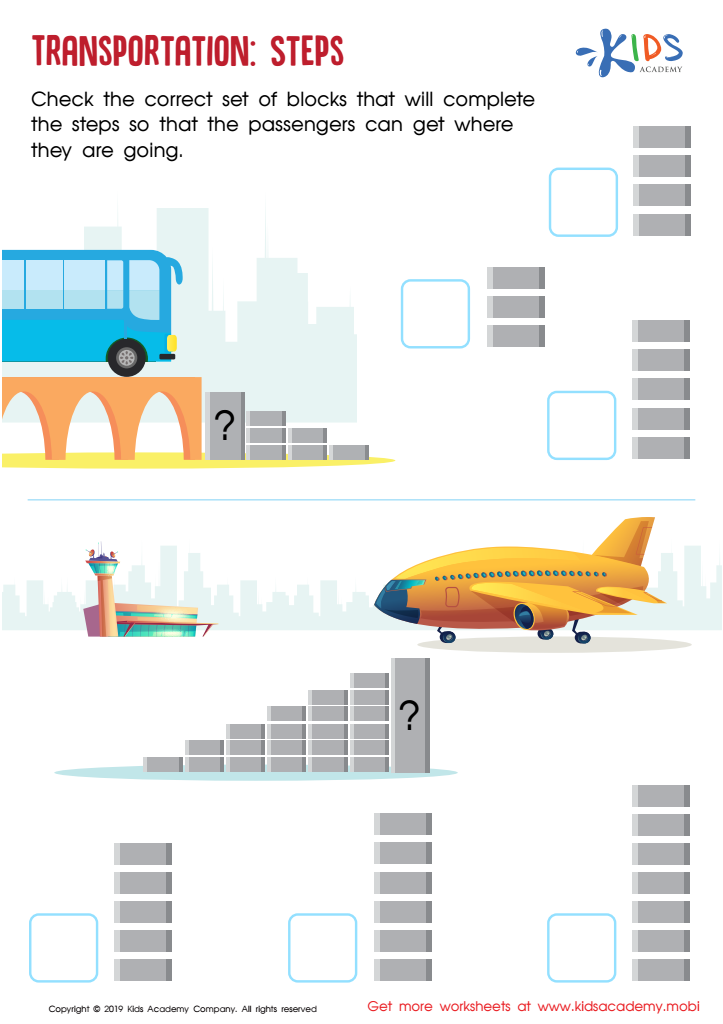

Transportation: Steps Worksheet
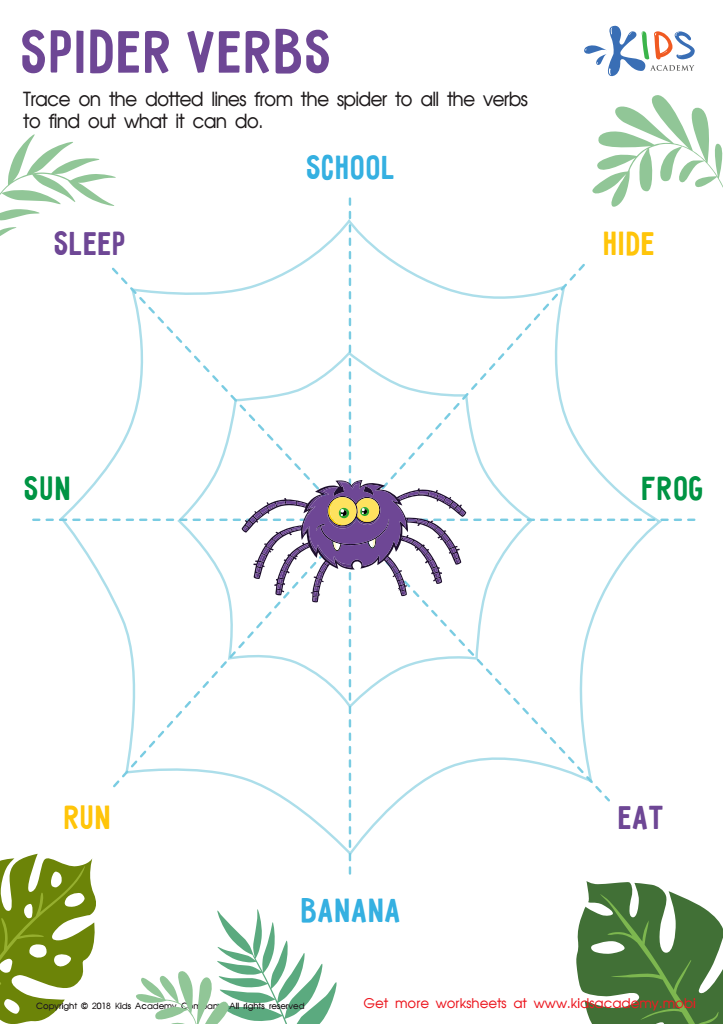

Spider Verbs Worksheet
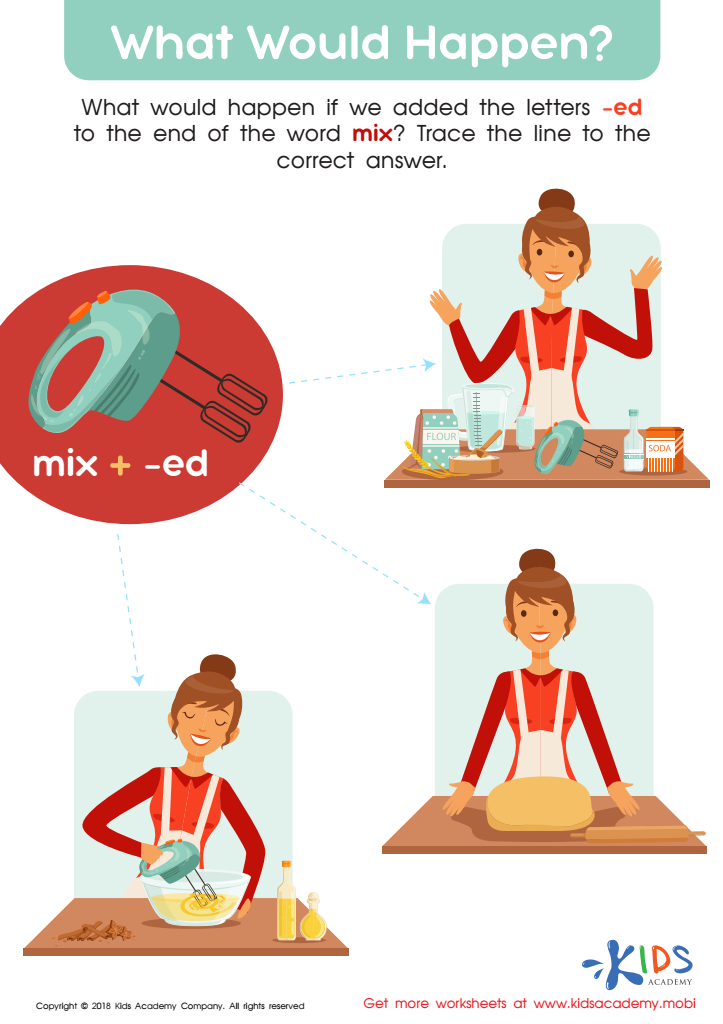

What Would Happen? Worksheet
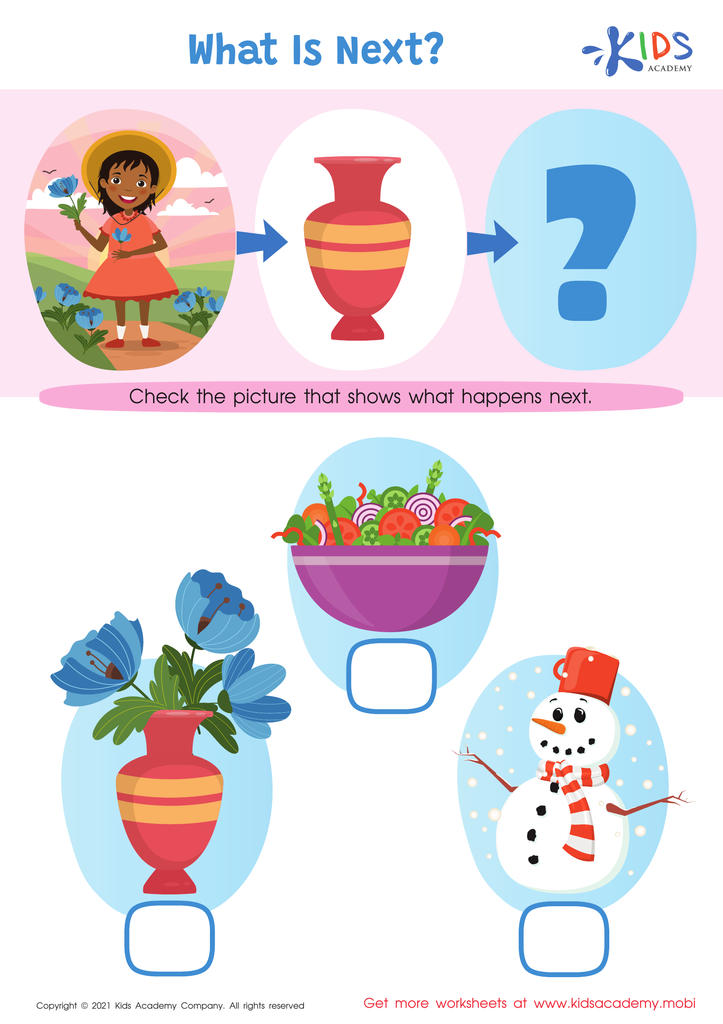

What is Next? Worksheet
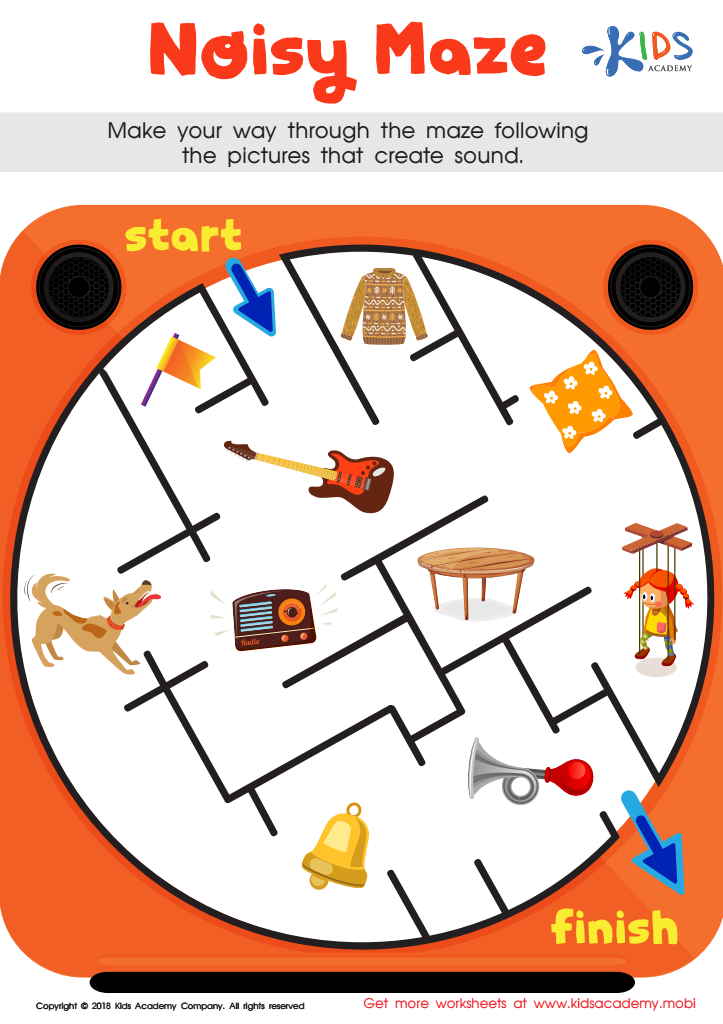

Noisy Maze Worksheet
Logical thinking is a crucial skill for children aged 4 to 6 as it lays the foundation for problem-solving, critical thinking, and creativity in later learning stages. At this age, children are naturally curious and eager to explore; fostering logical thinking helps them understand the world around them. When parents and teachers emphasize logical reasoning, they encourage children to ask questions, make connections, and recognize patterns, which are essential skills in everyday life and academic pursuits.
Developing logical thinking can also enhance a child's ability to follow instructions, make decisions, and resolve conflicts independently, promoting confidence and independence. It paves the way for strong mathematical reasoning, important in today's increasingly data-driven world.
Moreover, logical thinking fosters collaboration and teamwork as children learn to share ideas, justify their reasoning, and listen to different perspectives. Engaging children in puzzles, games, and discussions stimulates their reasoning abilities and keeps learning enjoyable.
By nurturing logical thinking early, parents and teachers equip children with tools that contribute to their overall cognitive growth, ensuring they are prepared for future challenges in school and life. Thus, investing time in developing these skills is vital for a child's success and well-being.
 Assign to My Students
Assign to My Students




